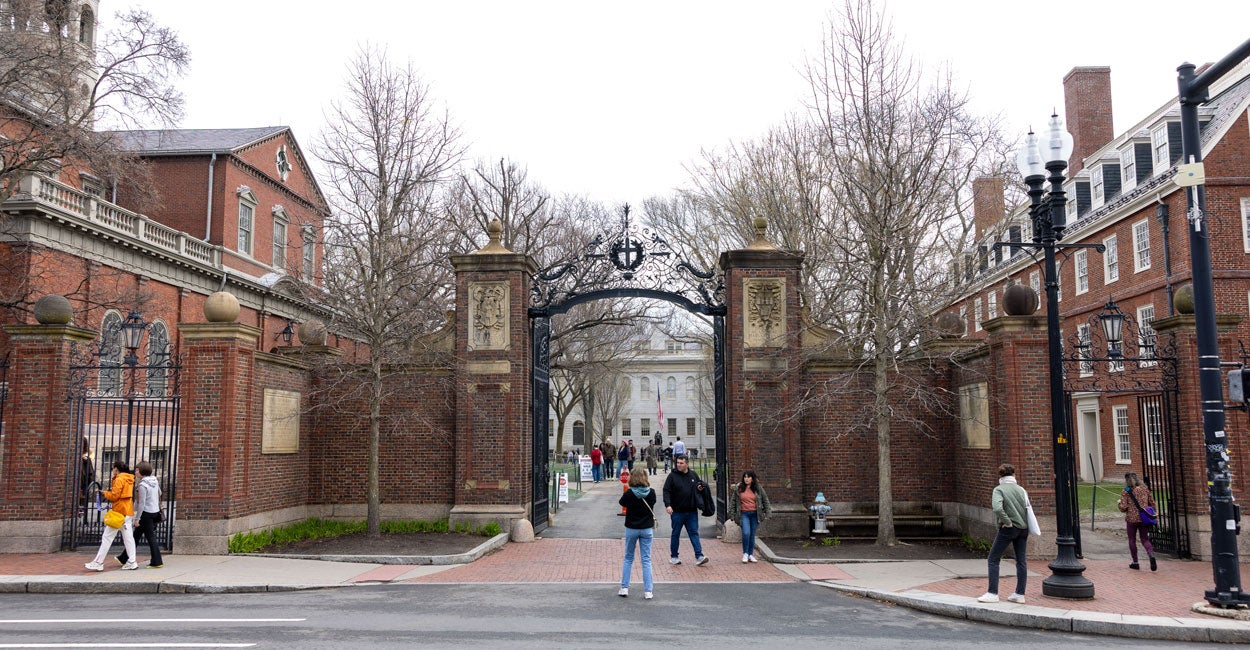Would you let Bill Gates hack your DNA?


Bill Gates and the World Economic Forum are promoting CRISPR as a game-changing tool in science, but behind the excitement are serious concerns about its risks.
For the uninititated, clustered regularly interspaced short palindromic repeats technology is a gene-editing tool that allows for modifications of DNA in living organisms. Recent research reveals that CRISPR, while effective at editing genes to address inherited diseases, often introduces unintended consequences, including large-scale DNA mutations.
The potential to 'edit out' undesirable traits raises questions about eugenics and the commodification of human life.
This is a major concern.
Cascade of genetic malfunctions
Editing a specific gene can lead to off-target effects, altering unintended regions of the genome. This can lead to rapid mutations, potentially triggering the onset of cancers or other genetic disorders. Furthermore, even when targeting specific sequences, CRISPR's modifications can destabilize chromosomes, leading to large-scale deletions or rearrangements of genetic material. Such alterations not only disrupt the targeted gene but also affect neighboring regions, causing a cascade of genetic malfunctions.
Another critical danger lies in the complexity of biological systems. Genes rarely act in isolation; they interact within vast networks that control development, metabolism, and immunity. Changing one gene can disrupt these networks, creating unforeseen problems.
For example, CRISPR has been associated with chromosomal abnormalities that compromise cellular functions. These serious side effects are particularly concerning when CRISPR is applied to human embryos or germline cells.
That's because these changes are heritable, potentially affecting future generations.
Ethics? What ethics?
Ethical concerns further compound the risks. The potential to "edit out" undesirable traits raises questions about eugenics and the commodification of human life. While therapeutic applications aim to eliminate genetic diseases, the same technology could be misused to enhance physical abilities, intelligence, or appearance.
This will likely pave the way for a new era of genetic discrimination, where access to CRISPR defines who holds the ultimate biological edge.
In Silicon Valley, the seeds of this dystopia are already being sown. Transhumanists champion genetic enhancement as the next step in human evolution, treating biology as a canvas to craft the "perfect" being. We are entering an age in which a privileged few will command an undeniable biological edge. The rest of us, meanwhile, will wither away in the shadows of engineered perfection.
Moreover, the technical and regulatory frameworks around CRISPR remain insufficiently robust to address its risks comprehensively. Current regulations vary widely across countries, creating opportunities for unregulated experimentation. Rogue scientists or organizations could exploit CRISPR for malicious purposes, such as developing bioweapons or creating genetically modified organisms with harmful ecological impacts.
Civilizational collapse
The environmental risks are equally alarming. Releasing genetically edited organisms into the wild could wreak havoc on ecosystems. Take CRISPR-based "gene drives," engineered to spread specific traits rapidly through populations. Touted as a solution to control disease-carrying mosquitoes, they could just as easily trigger species extinctions or unleash ecological chaos if they spiral out of control or jump to unintended species.
Imagine a world where CRISPR gene drives are set loose to wipe out malaria — a mission close to Bill Gates’ heart. These gene drives, designed to spread infertility among malaria-carrying mosquitoes, are engineered to wipe out the species within a few generations. At first, it’s a triumph. Mosquito numbers plummet, malaria cases vanish. But then the nightmare really begins.
Unbeknownst to scientists, the engineered gene interacts with a natural genetic sequence in a related mosquito species. The gene drive jumps species, infecting mosquitoes vital for pollination in certain ecosystems. As their populations crash, plants reliant on pollination begin to wither. In regions already struggling with food insecurity, farmers watch helplessly as crops fail, sparking famine across entire nations.
Meanwhile, predators like bats and birds that feed on mosquitoes face a collapsing food supply and begin to die off, triggering further ecological instability. With fewer bats to control pests, insect populations explode, ravaging crops and spreading new diseases. The ripple effects spiral outward, destabilizing ecosystems and economies far beyond the initial intervention.
But the nightmare doesn’t stop there. The gene drive mutates, jumping beyond mosquitoes to other insects, including bees. With pollinators dying off, the global food chain begins to crumble. Fruit orchards, vegetable fields, and wild plants are left barren. Starvation sweeps the globe, and society crumbles into anarchy.
Beware of false idols
When humans play God with CRISPR, they gamble with the delicate balance of nature shaped over millions of years. These interventions can trigger unpredictable chain reactions. Tinkering with the genetic code of life without grasping its full complexity risks collapsing ecosystems, endangering human health, and wiping out species.
Worse, it could unleash resistant pathogens or new genetic disorders that spiral into global catastrophes. This arrogance, the delusional belief that we can outsmart nature, could be humanity’s most catastrophic misstep.
Originally Published at Daily Wire, Daily Signal, or The Blaze
What's Your Reaction?
 Like
0
Like
0
 Dislike
0
Dislike
0
 Love
0
Love
0
 Funny
0
Funny
0
 Angry
0
Angry
0
 Sad
0
Sad
0
 Wow
0
Wow
0








































































